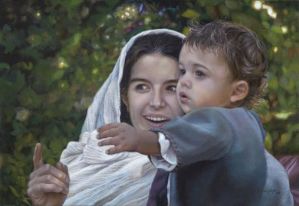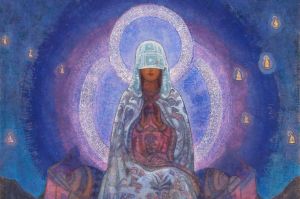
Isis, Healing in her Wings
Isis is the wife of Osiris (Horus) who died and was resurrected. According to some texts, she and her sister Nephthys (see Martha) must also protect Osiris’s body from further desecration by the enemy Set or his servants. Isis is the epitome of a mourning widow. The hieroglyphic writing of












